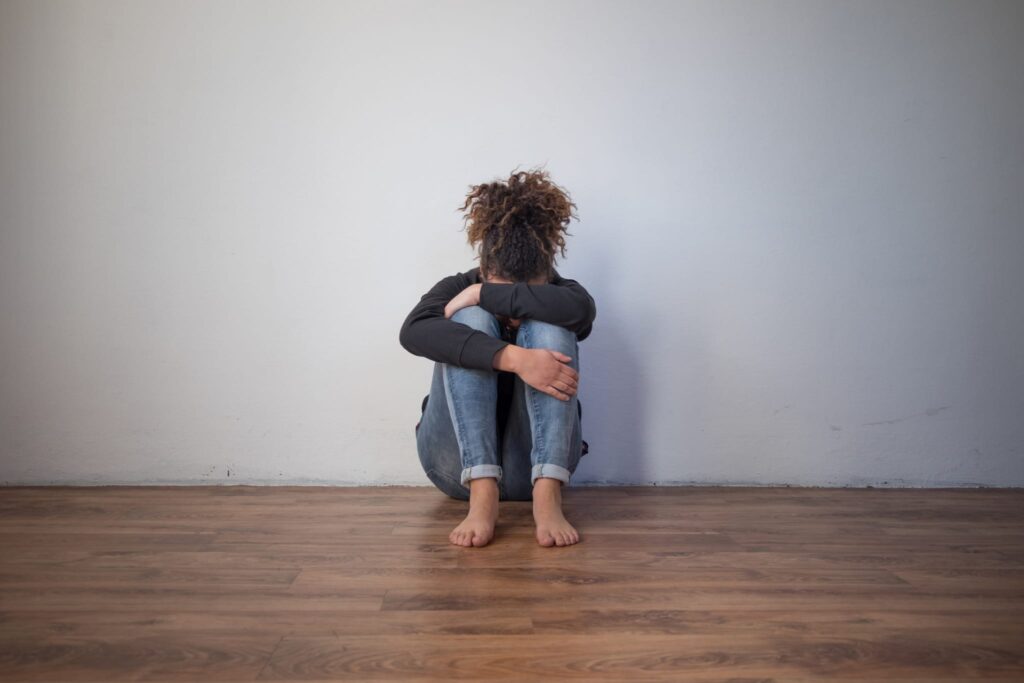Addressing Mental Health and Wellness on HBCU Campuses
The mental health crisis affects students of color the most. HBCUs must support Black students’ mental well-being on campus.

July is Minority Mental Health Month, and it’s time to shine a light on the mental health crisis in America, which affects students of color the most. According to the Office of Minority Health, suicide was the third leading cause of death for Black people ages 15 to 24 in 2020. The pandemic only exacerbated things: 1 in 3 Black people reported higher levels of stress due to COVID-19. Mental health and wellness are critical aspects of overall health, yet they often receive insufficient attention, particularly within communities of color. Reasons range from lack of resources to cultural stigma. But one possible resource for Black students could be found at historically Black colleges and universities (HBCUs).
College students at predominately white institutions (PWIs) face a unique set of stressors based on the campus racial climate, which can impact their mental health. According to a study by the American Psychological Association, Black students are more likely to experience racial discrimination, which is a significant predictor of mental health issues such as depression and anxiety. And in a recent EdTrust study, researchers found that Black students at PWIs cited racial stereotypes, lack of mental health resources, and the feeling of being the “only one” on campus. This a reason many Black students are flocking to HBCUs. I am one of them.
I’m currently a student at Xavier University of Louisiana, an HBCU. My journey through college hasn’t been easy, and one of the major challenges I’ve faced is securing housing. With the recent surge in HBCU enrollment, housing shortages have become a widespread issue, affecting many students like myself. This situation adds another layer of stress, exacerbating the already challenging experience of college life. Access to mental health services could help alleviate some of the stress and anxiety associated with these housing struggles. But the resources aren’t there.
HBCUs have long served as pillars of support for Black students, offering not only academic excellence but also a sense of community and belonging. These institutions have historically provided a nurturing environment that affirms the identities of Black students. So, they have a unique role in supporting the mental health and wellness of their students. However, more can and should be done to address mental health comprehensively. Here are just a few suggestions:
According to the National Alliance on Mental Illness (NAMI), not only is it critical for students of color to receive the proper care; it is also important that the care they receive is provided by culturally competent health professionals. Cultural competence is the ability to understand, communicate with, and effectively interact with people across cultures. Mental health professionals working on HBCU campuses need to understand the unique cultural experiences of Black students. This understanding can help in providing more effective and personalized care. Training programs that focus on cultural competence should be a standard part of professional development for campus mental health providers.
Addressing mental health and wellness on HBCU campuses is not just a matter of providing more services, it is about creating a culture of care and support. This involves everyone, from administrators and faculty to students themselves. By prioritizing mental health, HBCUs can continue to be beacons of hope and empowerment for Black students.
Taliya Jones is a third-year student at Xavier University, an HBCU, and is a summer 2024 EdTrust intern.